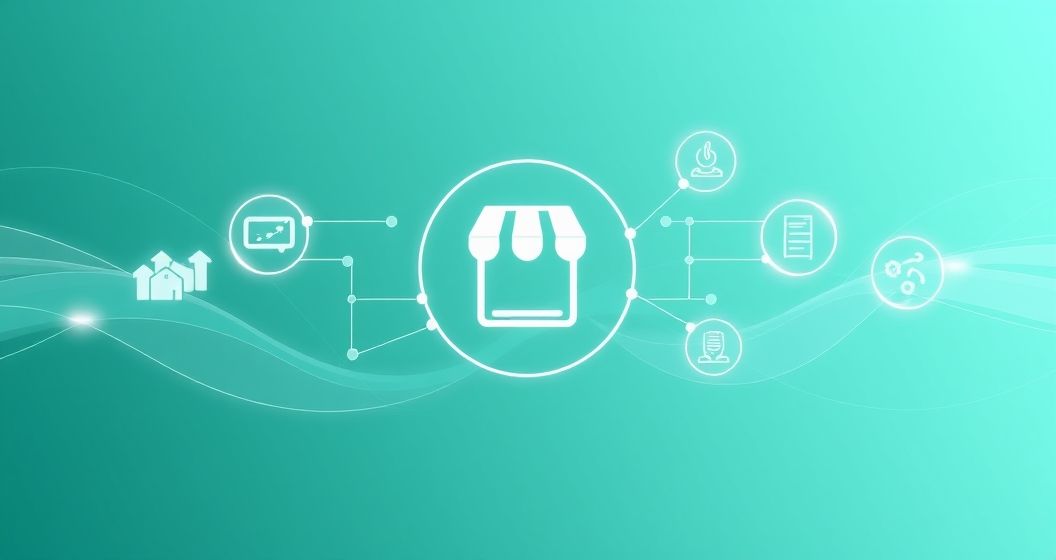For many artisans and creators, Etsy serves as a primary marketplace for their unique products. As a business grows, managing various aspects from inventory to shipping can become increasingly complex and time-consuming. Etsy integrations offer a sophisticated solution, connecting your shop with external tools and software to automate processes, enhance efficiency, and ultimately, free up valuable time. Understanding these powerful integrations is key to scaling an Etsy business effectively and maintaining a competitive edge in the evolving e-commerce landscape.
Understanding Etsy Integrations for Enhanced Efficiency
Etsy integrations refer to third-party applications and software that connect with your Etsy shop’s data through its Application Programming Interface (API). These tools are designed to extend the functionality of your Etsy store, addressing common challenges faced by sellers. From managing inventory across multiple platforms to automating shipping labels and simplifying accounting, these integrations centralize operations, reduce manual effort, and minimize errors, allowing sellers to focus more on creation and customer engagement rather than administrative tasks.
Inventory Management: Keeping Stock in Sync
Effective inventory management is critical for any online seller, especially on Etsy where unique items often have limited stock. Integrations designed for inventory control allow sellers to synchronize stock levels across their Etsy shop and any other sales channels they utilize. This prevents frustrating issues like overselling, where a customer purchases an item that is no longer available. Such tools provide real-time updates, ensuring accurate inventory counts and streamlined product availability information for buyers, enhancing overall customer satisfaction.
Shipping and Fulfillment: Automating Your Delivery Process
Shipping is a significant component of the e-commerce experience. Etsy integrations for shipping and fulfillment automate many of the manual steps involved, such as creating shipping labels, updating tracking information, and notifying customers. These platforms often integrate with multiple carriers, allowing sellers to compare rates and choose the most cost-effective and efficient shipping options. Automating these processes saves substantial time and reduces the likelihood of human error, leading to a smoother and faster delivery experience for buyers.
Accounting and Bookkeeping: Simplifying Financial Tracking
Managing finances is an essential but often daunting task for small business owners. Etsy integrations with accounting software simplify bookkeeping by automatically importing sales data, expenses, and transaction fees directly from your shop. This eliminates the need for manual data entry, reduces errors, and provides a clear, up-to-date picture of your business’s financial health. Such tools are invaluable for tax preparation, financial analysis, and making informed business decisions, supporting sustainable growth.
Marketing and Customer Engagement: Expanding Your Reach
To grow an Etsy shop, reaching a wider audience and engaging with customers effectively is paramount. Integrations with marketing platforms can automate social media posting, manage email campaigns, and help analyze customer behavior. These tools allow sellers to promote new listings, offer special promotions, and send personalized messages, strengthening customer relationships. By leveraging these integrations, sellers can extend their brand presence beyond Etsy, driving more traffic back to their shop and fostering a loyal customer base.
Product Listing and Management: Streamlining Your Shop Content
For sellers with numerous listings or those managing products across different platforms, efficiency in product management is vital. Integrations specializing in product listing allow for bulk editing of item details, prices, and quantities. They also facilitate cross-listing products from Etsy to other marketplaces, saving immense time and effort. This capability ensures consistency across all sales channels and makes updating large catalogs a less cumbersome task, improving overall operational fluidity.
Customer Relationship Management (CRM): Centralizing Interactions
Delivering excellent customer service is crucial for positive reviews and repeat business on Etsy. CRM integrations help centralize customer inquiries, order history, and communication in one accessible dashboard. This allows sellers to respond quickly and efficiently, personalize interactions, and track ongoing issues. By maintaining a comprehensive record of customer interactions, sellers can build stronger relationships and provide a more responsive and professional service experience, enhancing buyer trust.
Choosing the Right Etsy Integrations: Key Considerations
Selecting the most suitable Etsy integrations requires careful consideration of several factors tailored to individual business needs. Sellers should assess their specific pain points, such as time spent on shipping or inventory, to identify the areas where automation will yield the greatest benefit. Evaluating the cost-effectiveness of an integration, its ease of use, and compatibility with existing business processes is also essential. Researching reviews and understanding the level of customer support provided by the integration developer can further guide decision-making, ensuring a seamless adoption.
Conclusion: Empowering Your Etsy Business with Strategic Integrations
Etsy integrations offer a powerful pathway for sellers to optimize their operations, enhance customer experience, and achieve sustainable growth. By strategically implementing tools for inventory, shipping, accounting, marketing, product management, and customer service, sellers can transform their daily workflows. These integrations move beyond simple automation, providing valuable insights and freeing up creators to focus on their craft. Embracing these technological solutions is a forward-thinking approach for any Etsy seller aiming to scale their business in the dynamic world of e-commerce.






